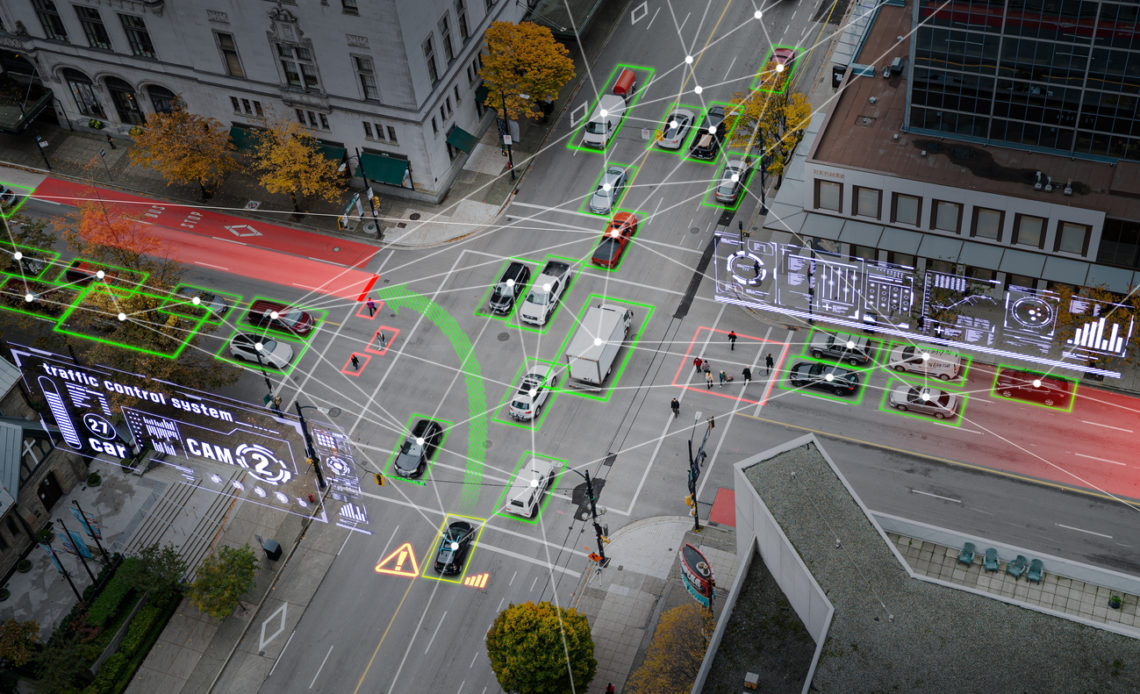
Vertical: Smart City
Application: Expanded coverage & throughput
Ecosystem: JMA Wireless, Geoverse, Google, Tilson
Private Network: LTE, CBRS
The City of Tucson, Arizona, has taken a bold step to address its digital divide by deploying a private wireless network using CBRS (Citizens Broadband Radio Service) technology. Led by Tucson CIO Collin Boyce, this innovative project aims to provide high-speed internet access to underserved communities, particularly focusing on enabling remote learning for students.
The initiative was sparked by the realization that approximately 32% of Tucsonians lacked high-speed internet connectivity, a critical issue as schools moved online. Boyce and his team evaluated various options, including fiber and Wi-Fi, before settling on LTE technology using CBRS spectrum as the most cost-effective and efficient solution.
Key aspects of Tucson’s CBRS network deployment:
- Infrastructure: The network consists of 40 radio nodes, each typically equipped with a JMA Wireless 5-watt CellHub radio connected to one or more antennas. These are linked to servers running JMA’s XRAN baseband software.
- Coverage: The initial phase targets a 20-square-mile area, with plans to expand further.
- Performance: The network delivers download speeds of up to 50 Mbps, even in areas outside the primary coverage zone.
- Partners: The project involves collaboration with several partners, including JMA Wireless for radio equipment, Geoverse for the core network, Google for Spectrum Access System (SAS), Insight Enterprises as the integrator, and Tilson for site construction and deployment.
- Funding: The network deployment is funded through the CARES Act, making it a city-owned infrastructure.
Despite the technical challenges, Boyce noted that the most significant hurdles came from human factors. These included:
- Resistance from local internet providers who were concerned about competition.
- Public fears about potential health risks associated with wireless technology.
- Unexpected issues such as the discovery of Native American burial grounds at some tower sites.
To address these challenges, the city implemented an education program to allay fears about wireless signals and worked with Native American representatives to ensure respectful handling of culturally sensitive sites.
The network is already serving 800-900 citizens, with plans to scale up to 5,000 households. Beyond bridging the digital divide, Tucson is exploring additional use cases for its CBRS network, including connected traffic signals, Wi-Fi on city buses, and utility management, particularly for water services.
This initiative has transformed Tucson from one of the least connected cities in the country to a potential leader in smart city technologies. The software-defined nature of the network also allows for future upgrades to 5G, making it an attractive platform for companies looking to develop and deploy advanced IoT solutions.


